Offensive slur or defiant declaration? What the word ‘queer’ means to LGBTQ people
Four LGBTQ writers explain their take on the term as it continues to be reclaimed.
By Will Stroude
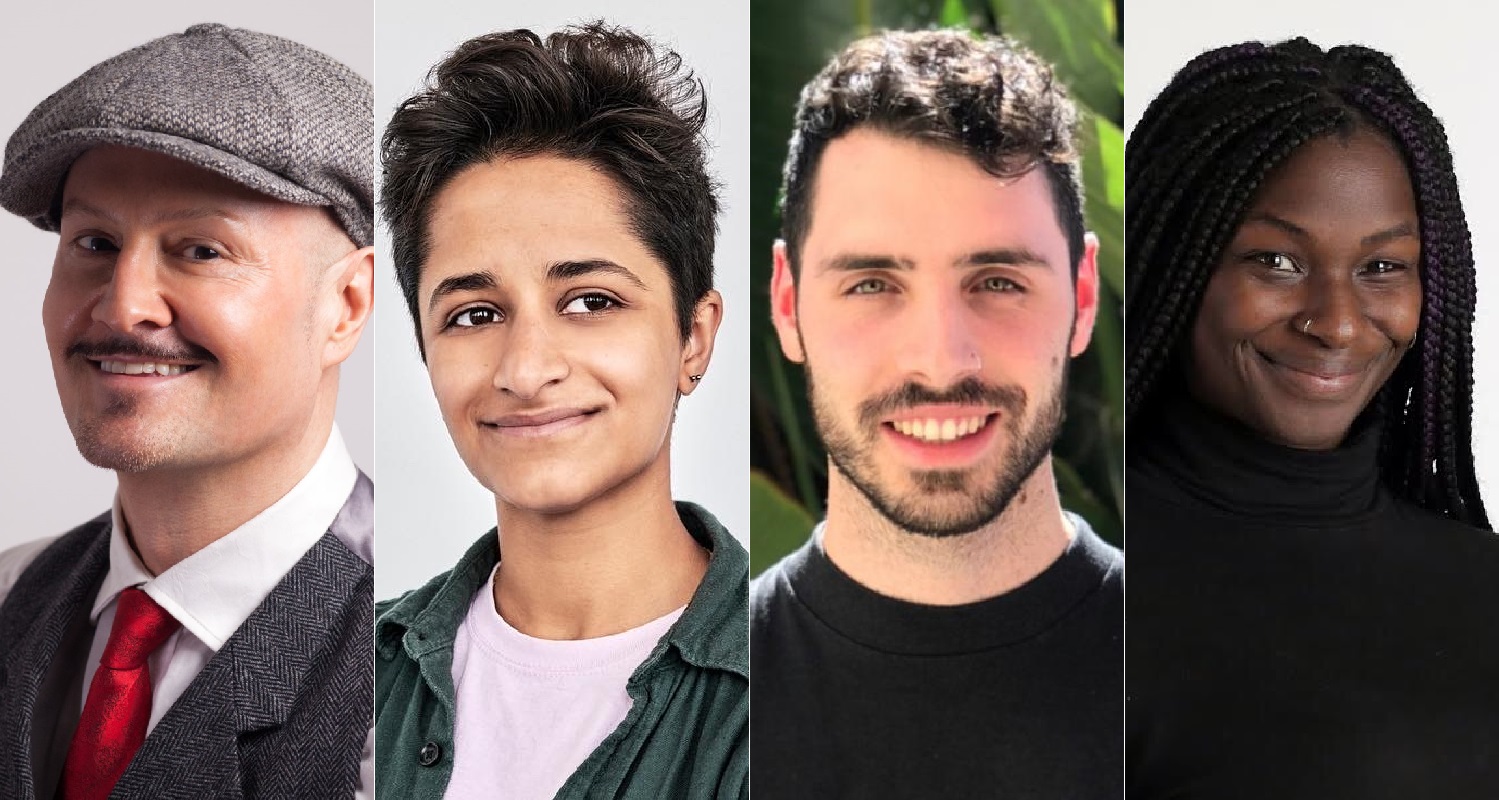
Words: Attitude; Images: Supplied
This article first appears in Attitude 345, March/April 2022.
Since the 1980s, the word ‘queer’ has been reclaimed by many in the LGBTQ community as an umbrella term for non-normative sexual and gender identities.
What began as a challenging and radical rebranding of a common slur has now entered everyday vernacular for many LGBTQ people, but plenty still take issue with the word’s usage.
Here, four LGBTQ writers give their take on the term and what it means to them…
James Besanvalle (he/him) – journalist
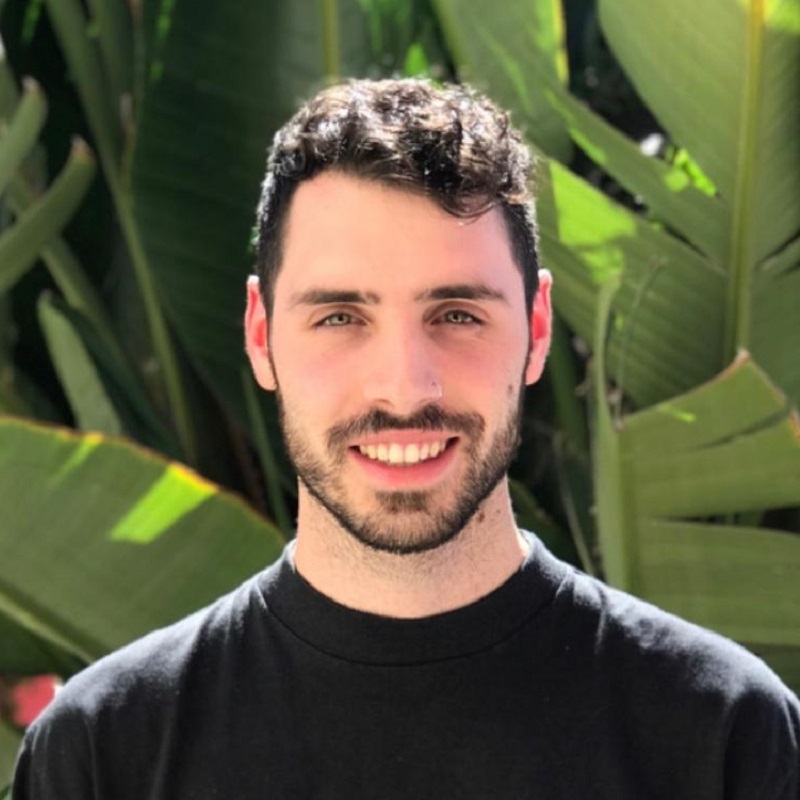
As a closeted gay boy, trapped in 13 years of repressive Catholic school education, the word ‘queer’ was used as the ultimate weapon against people like me in the playground.
It would be muttered as I walked past other students or shouted later in life as I held my boyfriend’s hand on the street — piercing my skin each time and leaving invisible wounds. These scars formed internalised shame surrounding my sexuality, which can still be incredibly hard to shake. So when I first heard an out, proud LGBTQ person reclaiming the slur, it stung. But over time, that stinging gradually turned into a buzz of excitement and, importantly, a path to self-acceptance.
Today, I often use the word ‘queer’ to describe myself as a ‘fuck you’ to the people who ascribed it to me before I ever even knew who I was. For some people, that weapon is just as sharp as it was when they first heard it used against them. For others, it’s a term to describe their gender or sexuality or both. For me, it now means solace, empowerment, community and acceptance.
Abi McIntosh (she/her) – writer/producer
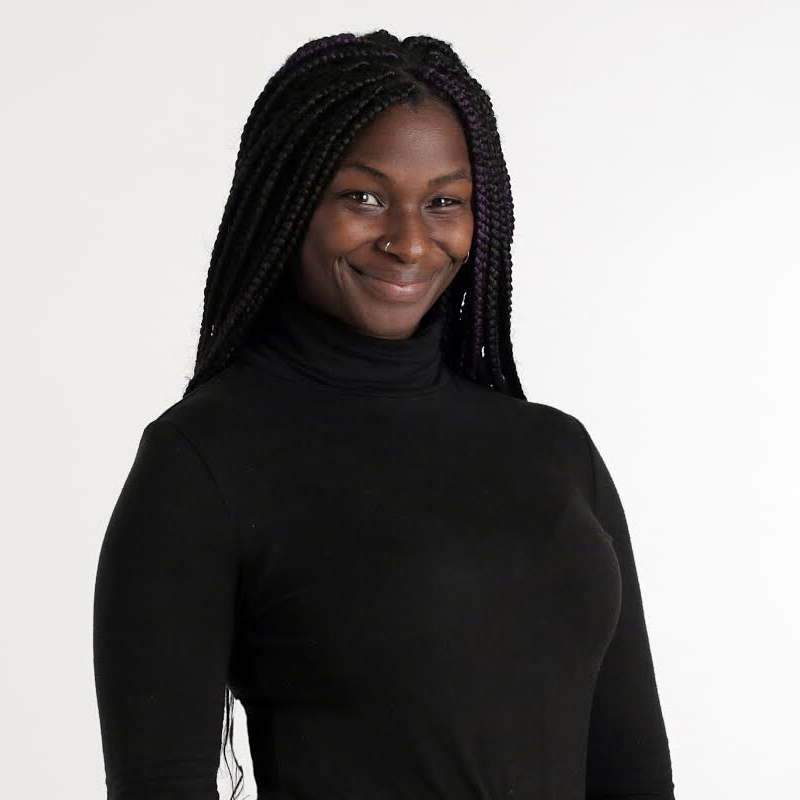
The first time I heard the word ‘queer’ growing up was [when I was] watching Pop Idol on TV with a family member; they used it to refer to Will Young. I didn’t know what it meant, but I knew it wasn’t necessarily a good thing. It wasn’t until my year abroad in America, where I learnt about queer theory, that I began to use it.
Now, I love the word and use it as an umbrella term to describe a group of people who fall somewhere in the LGBTQ community. To me, it means living outside the norm. But I think it’s questionable to refer to yourself as ‘queer’ when you’re cis-het — you don’t face discrimination in the same way as LGBTQs.
Having spoken to people who used to hear it as a slur, I can see why some find it offensive. It’s best to check what words people feel comfortable with. Language is often reclaimed, but just because others from your community have taken back some words, it doesn’t mean you have to. As a Black woman, I don’t feel super comfortable with the n-word. It isn’t part of my vocabulary. But I don’t have strong feelings about other Black people using it.
Paul Burston (he/him) – The Closer I Get novelist
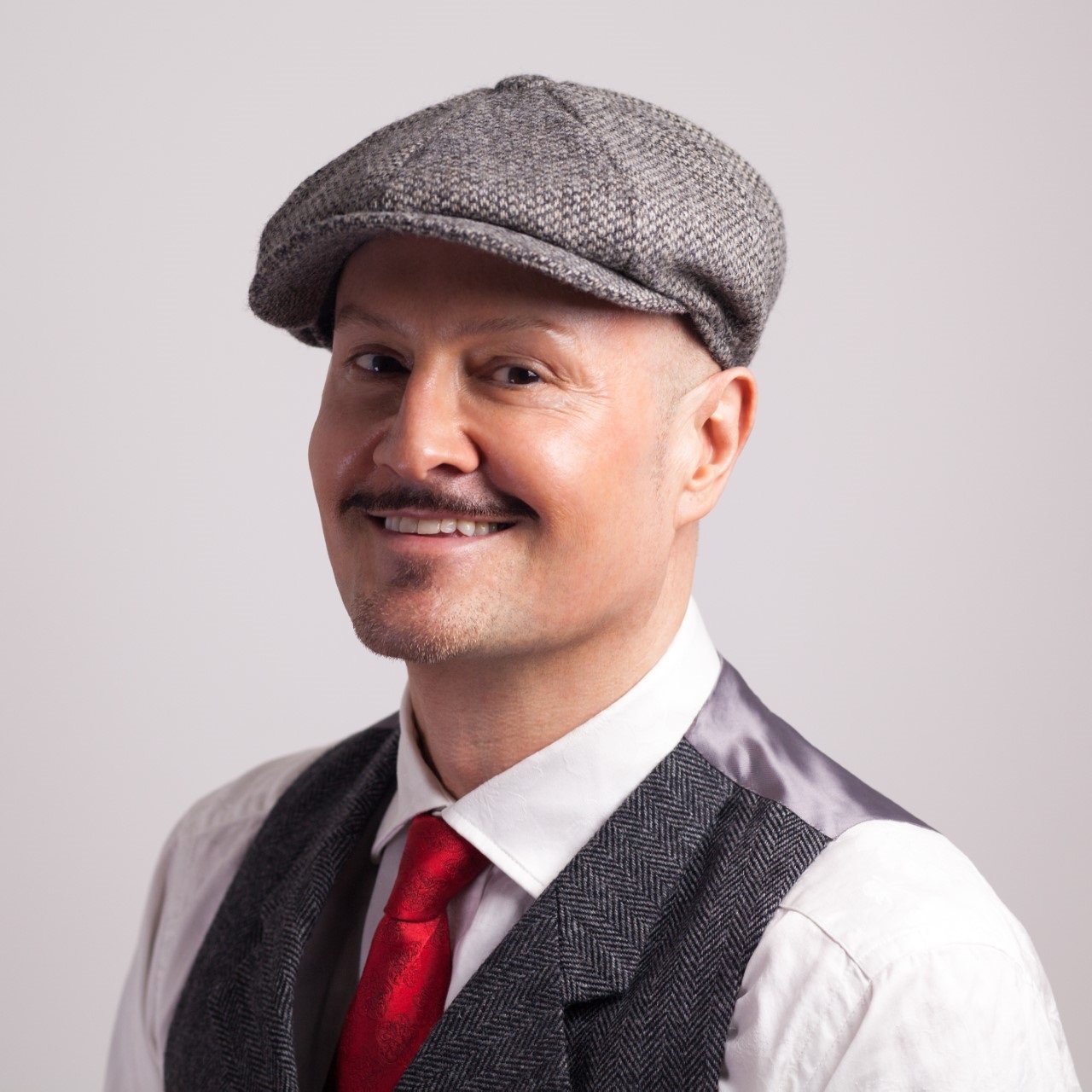
I’ve been called ‘queer’ many times, often by people wishing me harm. It’s also a term I’ve applied to myself. Why? Because ‘queer’ is uncompromising. “We’re here, we’re queer, get used to it” was the battle cry of 90s activists Queer Nation. Back then, I was an Aids activist with ACT UP. It seemed natural that I became a queer with, well, attitude.
My first book had the word ‘queer’ in the title. In A Queer Romance: Lesbians, Gay Men and Popular Culture (1995), I wrote about cultural movements like queer theory and new queer cinema. But ‘queer’ promised more than it delivered. It promised inclusivity — but many people felt excluded. For them, it was still a term of abuse. It promised radicalism — but often it was just gay with knobs and nipple rings.
Today, I’d rather be called gay. I don’t mind if people call me ‘queer’. It’s a useful shorthand to describe a broad community made of many sexualities and gender identities — and far less of a mouthful than LGBTQ. But it’s not a word I’d apply to someone else unless I knew they were comfortable with it. Not everyone is. And that’s their right.
Shivani Dave (they/them) – broadcaster
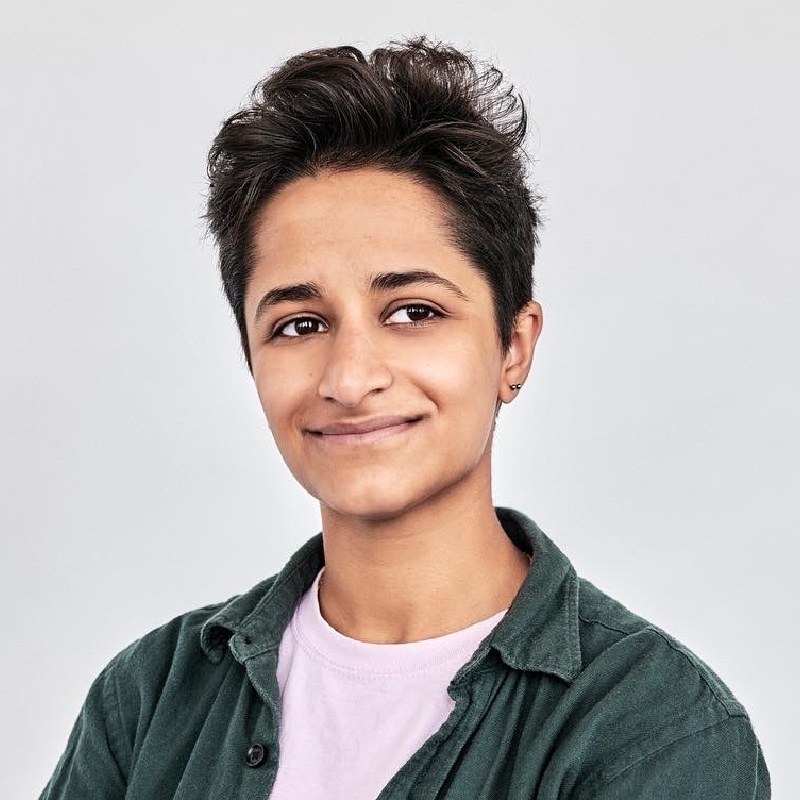
I am queer. I say that with pride and as an act of rebellion to all those who believe I should experience shame for being anything other than cis/straight. It’s encompassing of my sexuality and gender — even now ‘non-binary and bisexual’ raises questions (both within and outside the LGBTQ community) and it’s a lot of syllables! ‘Queer’ is a shortcut, encompassing these elements of my identity while maintaining a level of protection from bigotry.
Attitude readers may identify with this word, but there are still communities in the UK where ‘queer’ is seen to be derogatory. Although there’s power in reclaiming that, it is vital to remember that LGBTQ elders who paved the way for us are likely to have experienced this word being spat at them in hatred.
As the producer of an LGBTQ+ history podcast, The Log Books, these conversations about language come up often and my ethos is to allow someone to identify themselves: why say something that could be offensive when you don’t
have to?
